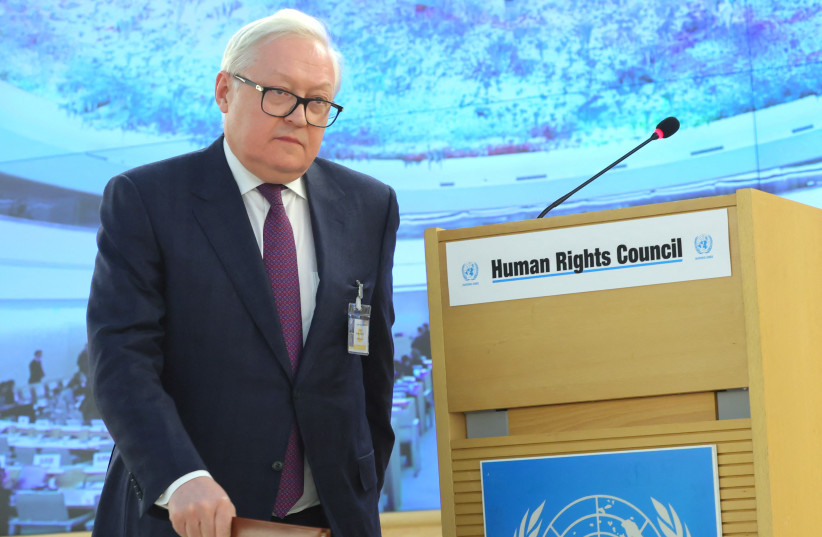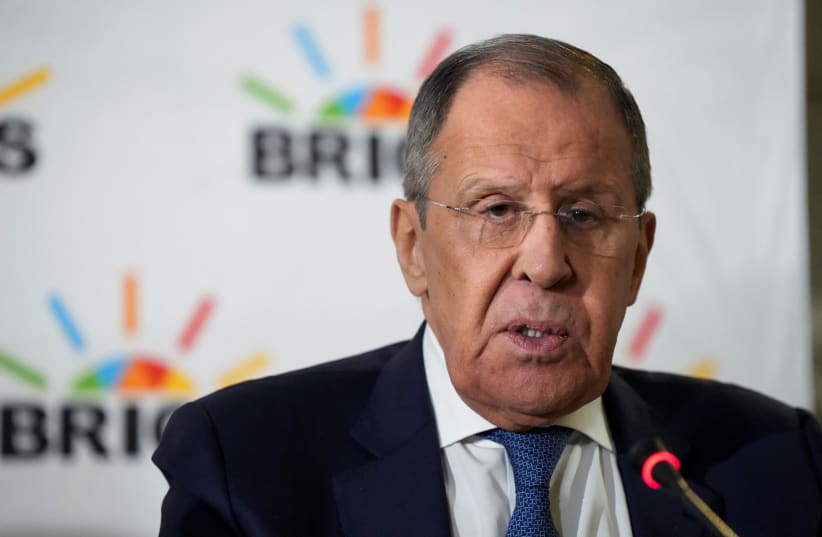Russia will come back to full compliance with the New START treaty if Washington abandons its "hostile stance" toward Moscow, Russian news agencies reported, citing Deputy Foreign Minister Sergei Ryabkov.
The United States said earlier this week that it would stop providing Russia some notifications required under the arms control treaty, including updates on its missile and launcher locations, to retaliate for Moscow's "ongoing violations" of the accord.
According to Ryabkov, the move didn't come as a surprise to Moscow, and Russia's decision to suspend the New START treaty stands despite any counter-measures.
Russia stands by its decision
"Regardless of any measures or countermeasures from the US side, our decision to suspend the START Treaty is unshakable," the TASS news agency quoted him as saying.

"And our own condition for returning to a fully operational treaty is for the US to abandon its fundamentally hostile stance toward Russia."
In a fact sheet on its website, the State Department said the United States would also stop giving Russia flight telemetry information - remotely gathered data - on launches of US intercontinental and submarine-launched ballistic missiles.
